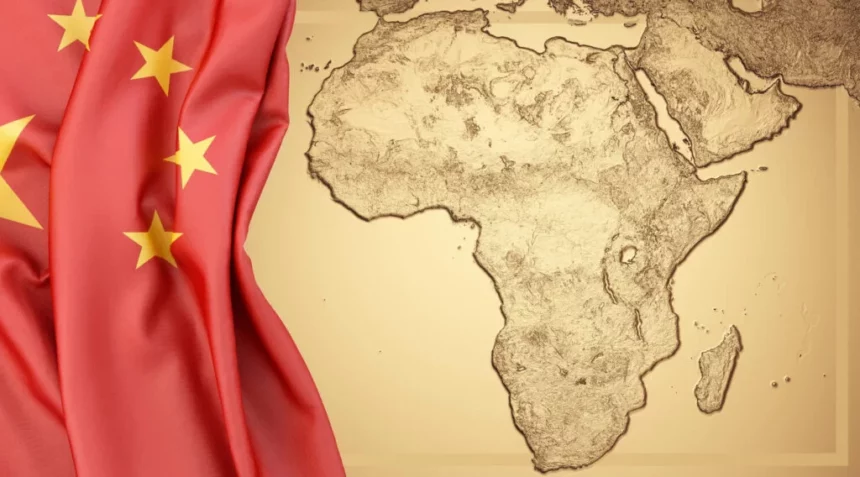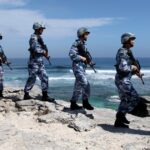Summary by Geopolist | Istanbul Center for Geopolitics
This article emphasizes that the U.S. must reevaluate its economic engagement strategy with Africa and other countries by leveraging its own strengths instead of emulating China’s lending practices. China’s extensive financing promises, shown by President Xi Jinping’s $29 billion pledge at the Forum on China-Africa Cooperation, are frequently misconstrued as indicators of economic strength. This lending is motivated by China’s internal economic weaknesses, including insufficient consumer demand, heavily indebted investments, and a fragile reliance on sustaining a favourable trade balance via exports.
China’s export credit agencies, including China Ex-Im and China Development Bank, possess a structural advantage over U.S. entities such as the International Development Finance Corporation (DFC) and the Export-Import Bank (U.S. Ex-Im) owing to their access to substantial reserves of U.S. dollars and domestic bonds. This enables China to fund global projects, however, it also exposes a reliance on other markets to maintain its economic framework.
The United States can offer a superior long-term economic option by utilizing trade agreements such as the African Growth and Opportunity Act (AGOA) and broadening its scope. Instead of surpassing China’s lending, Washington should prioritize establishing trade connections that benefit both U.S. consumers and African industry, particularly by promoting industrialization and exporting finished goods from African nations. The U.S. economy, propelled by consumer demand and a mix of domestic and international investments, sustains trade deficits while promoting sustained economic growth in partner countries.
Expanding AGOA or establishing analogous projects for other low-income regions could be a feasible alternative to China’s Belt and Road Initiative, devoid of the drawbacks associated with debt-fueled growth. This would enable the U.S. to facilitate African industrialization and establish more robust, long-term economic partnerships founded on reciprocal trade rather than reliance on credit. By leveraging its assets and prioritizing sustainable economic growth, the U.S. can present a more persuasive and durable alternative to China’s lending model.
Read the full article here.







